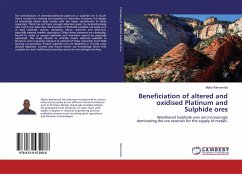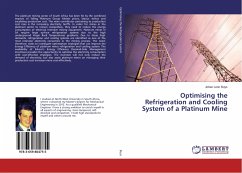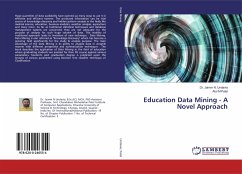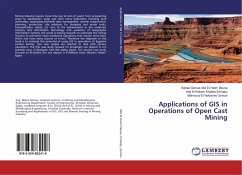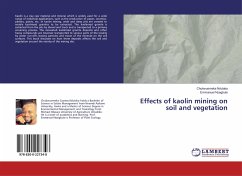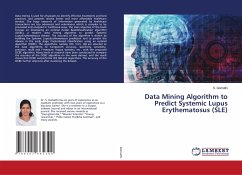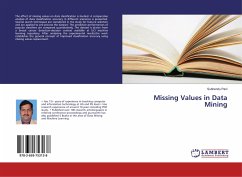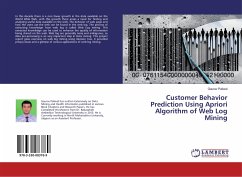The beneficiation of altered/weathered platinum or sulphide ore in South Africa is based on removal and isolation of impurities, however, the design of processing plants deals mostly with the major constituents of these impurities. There has not been enough attention given to comprehensively deal with trace impurities characteristic of Bushveld Complex ore body such as lead, bismuth, arsenic, antimony, silicon, selenium and tellurium, especially beyond smelter operations. Often these elements are chemically-bound to nickel or copper sulphides and therefore cannot be physically separated. This study intends to critically review methods available in literature and in practice relevant to removal of these impurities from PGM bearing concentrates. Pristine sulphide ores are depleting or in most cases already depleted. Current and future miners are increasingly faced with complex ore and traditional processing routes are increasingly wanting.

